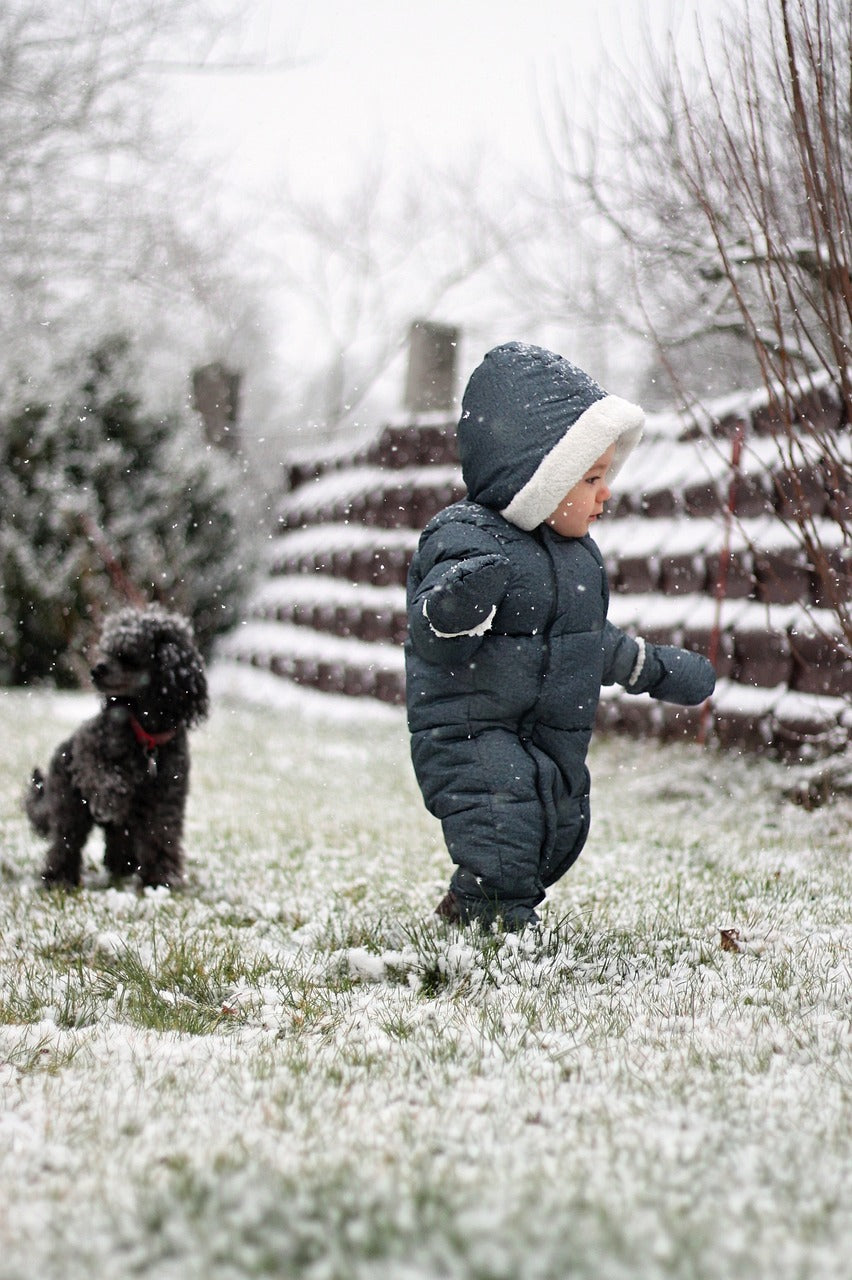Nurturing Baby Behavior and Overcoming Challenges: A Guide for Parents
Babies are incredible little beings who embark on a journey of discovery from the moment they are born. As they grow and develop, they exhibit a range of behaviors that shape their understanding of the world around them. Understanding and responding to baby behaviors, such as the desire to explore, oral exploration, and separation anxiety, is crucial for parents to provide appropriate guidance and support. In this article, we delve into the fascinating realm of baby behavior and discuss strategies to address challenging behaviors along their developmental path.

The Desire to Explore:
From the earliest months of life, babies possess an innate curiosity and desire to explore their surroundings. They reach out, grab objects, and bring them to their mouths to understand their texture and taste. This behavior not only satisfies their curiosity but also helps them develop their motor skills and discover cause-and-effect relationships.
To foster healthy exploration, parents can create a safe and stimulating environment. Provide age-appropriate toys that encourage sensory exploration, supervise the baby during playtime, and ensure that the surroundings are free from potential hazards. By supporting their natural inclination to explore, parents can lay the foundation for their child's cognitive and motor development.

Oral Exploration:
Babies explore the world through their mouths, using their lips and tongue to examine objects. While this behavior is normal and serves an important developmental purpose, it can also present challenges. Parents may encounter situations where the baby puts inappropriate objects in their mouth or experiences discomfort during teething.
To manage oral exploration, it is essential to provide appropriate objects for the baby to chew on, such as teething toys or chilled washcloths. It is equally important to create a safe environment by removing small objects that could pose a choking hazard. By redirecting the baby's attention and offering suitable alternatives, parents can encourage healthy oral exploration and ensure their child's safety.

Separation Anxiety:
Separation anxiety is a common developmental milestone that typically emerges around 6 to 8 months of age. Babies become more aware of their attachment to their primary caregiver and may experience distress when separated. This behavior is a normal part of their emotional development but can be challenging for both parents and babies.
To address separation anxiety, parents can gradually introduce short separations and reassure the baby that they will return. Establishing consistent routines, providing comfort objects, and engaging in soothing activities before leaving can help ease the transition. It is important for parents to remain calm and reassuring, as their response sets the tone for the baby's emotional well-being.

Understanding baby behavior is a doorway to fostering their growth and development. By recognizing and responding to their desire to explore, supporting healthy oral exploration, and addressing separation anxiety with empathy, parents can provide a nurturing environment for their babies. When faced with challenging behaviors, parents can employ positive guidance techniques to guide their babies through these developmental hurdles. Remember, each baby is unique, and patience, understanding, and consistent care are the keys to navigating the exciting and rewarding journey of parenting.








